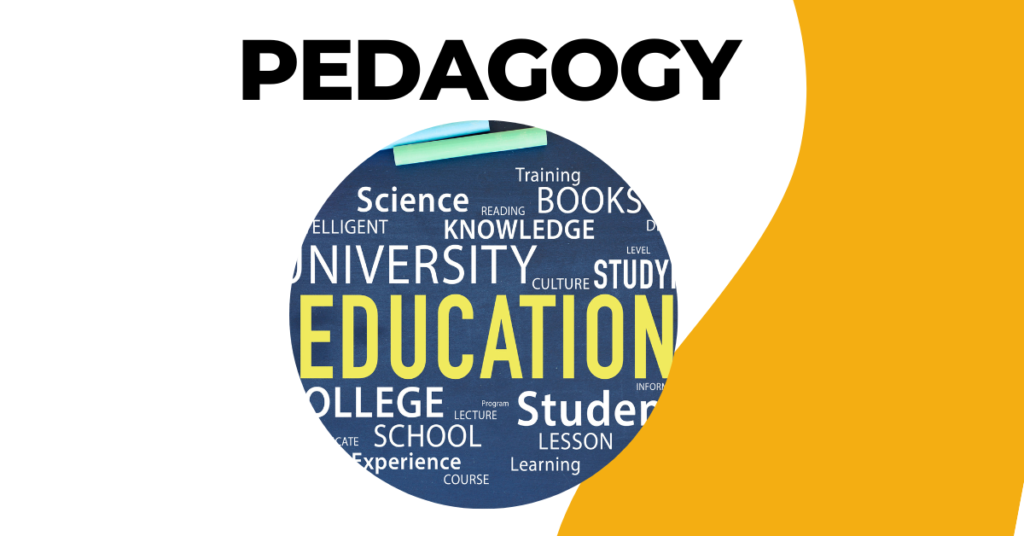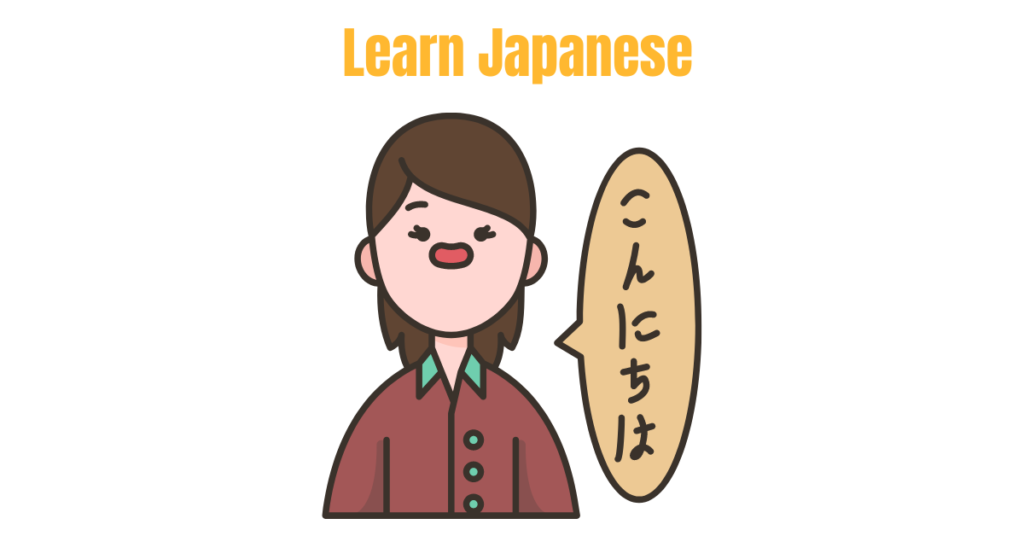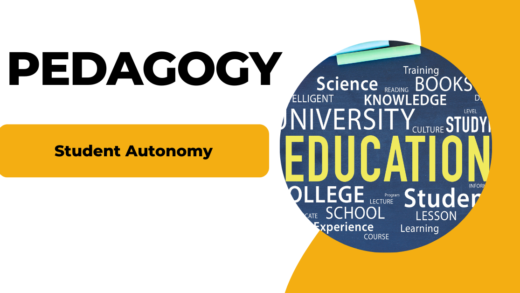Epistemology is a branch of philosophy concerned with the nature of human knowledge. Epistemological beliefs in education are essential for educators to develop guidelines and techniques to improve the quality of teaching.
|
Behavioral Learning |
|
| What is knowledge? | Learning involves a behavior change, and that nature plays no role in assimilating knowledge. |
| Source of knowledge |
Knowledge is acquired through experience. The assumptions behind behaviorism are that learning involves a behavior change and the fundamental aspect of learning is the process of conditioning (environmental events and factors). |
| Associated terminologies | Conditioning approaches:
a. Operant conditioning l Positive and negative reinforcement b. Classical conditioning l Stimulus-response relationship |
|
Social Learning |
|
| What is knowledge? | Internal mental states are an essential part of acquiring knowledge. |
| Source of knowledge | The new behavior can be learned by observing and imitating others. |
| Associated terminologies |
l Three mechanisms in social learning: 1. Differential reinforcement 2. Beliefs 3. Modeling l Mediational processes 1. Attention 2. Retention 3. Reproduction 4. Motivation |
|
Cognitive Learning |
|
| What is knowledge? | Learning involves changes in people’s mental structures instead of changes in observable behavior. |
| Source of knowledge | Learning is a mental process. It is the learner’s experience that drives the acquisition of knowledge. |
| Associated terminologies |
l Information is processed through three stages: 1. Encoding 2. Storage 3. Retrieval l Schemas
|
|
Constructivist Learning |
|
| What is knowledge? |
l Knowledge is not identical. Learning is the process of making meaning from experiences in context. l Knowledge is personal. |
| Source of knowledge |
l Learning is a social activity. l Motivation is a critical component in learning. l Constructing meaning is mental. l Learning is contextual. |
| Associated terminologies |
l Cognitive constructivism (Jean Piaget) Piaget’s vital components of learning 1. Accommodation 2. Assimilation 3. Equilibration l Social constructivism (Lev Vygotsky) 1. Social interaction 2. Psychological tools 3. Zone of Proximal Development (ZPD) 4. MKO 5. Scaffolding |
Latest comments
I will check it out. Thank you.
Thank you very much! I will provide more contents later.
I’ve learn some just right stuff here. Certainly worth bookmarking for revisiting. I surprise how a lot effort you put…
Kids Preschool and kindergarten Learning Games for kids & Toddlers 3-12 years old. Give a try and review your opinion…
Top ,.. I will save your website !






Recent comments